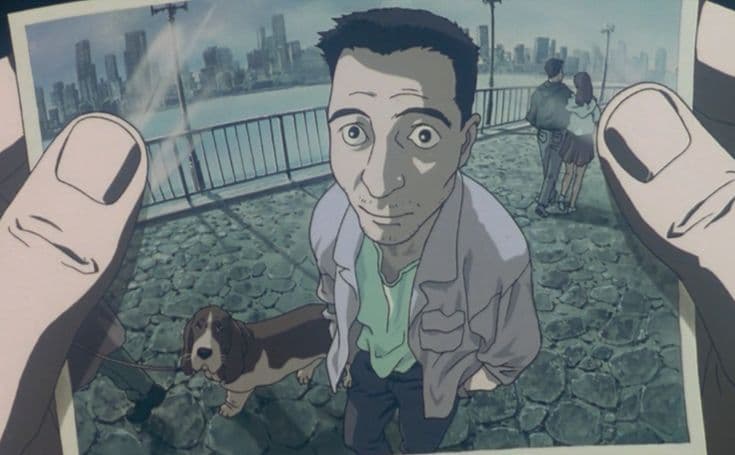Decide
A lot of my day goes into deciding between yes, no, and what to eat for lunch and dinner. I have been made aware that the amount of decision making I will have to do will only increase with time. That the next promotion will come with more questions than answers. That the society rewards the victorious with more lemons. While I firmly believe that the freedom to decide is a blessing, at times it becomes tedious and overwhelming for my little brain. Perhaps this overwhelm stems from wanting to take the 'right' decision.
Most of schooling was learning the right answer to a given problem. I didn't get the memo that real™ life doesn't work this way. Reality has been fuzzy so far and has rendered the concept of a 'right' decision useless.

I have a theory: Decisions come from the decision models and decision models are stored in the gut. Gut gives you a decision model when presented with a view of reality. Think of decision model like a probability function. The models are segmented into two categories based on 'precision' and 'velocity'. Some decision models prioritise 'precision' – accuracy of an assessment, and other prioritise 'velocity' – quickness of an assessment. When tasked with the responsibility of taking a decision, the gut takes lossy view of reality and picks a decision model with suitable attributes.
Over-indexing on decision models that favour precision over velocity in a fuzzy reality is a skill issue. This is my skill issue and it is consequence of a poor cost model. In 2005 I had resources to buy only one ice-cream a day. Today I can buy another ice-cream flavour if the first one turns out to be dud. 2025 is very unlike 2005. I can buy 100 ice-creams a day. I have infinitely more disposable income now than I had back then (zero, basically). Taking a wrong decision is infinitely cheaper now than it was back then. Yet I have not updated the cost models in accordance to changes in my wealth. I often forget that the purpose of money is to be used. That its purpose to reduce the cost of failure and unlock better decision models.
Naming your child or picking a health insurance may warrant high-precision but an average decision does not. Months deciding which jeans to buy and weeks on which brand of protein powder to buy is a skill issue. Precision has diminishing returns and most decisions would benefit more from being fast than from being correct. Reckless iteration is better than cautious inaction. Better decision models unlock only when I take more decisions. The more I pick, the better my ability to pick the optimal precision-velocity decision model becomes. The sages know this well, knowledge only comes from empirical observation. I hope some day I internalise this too.